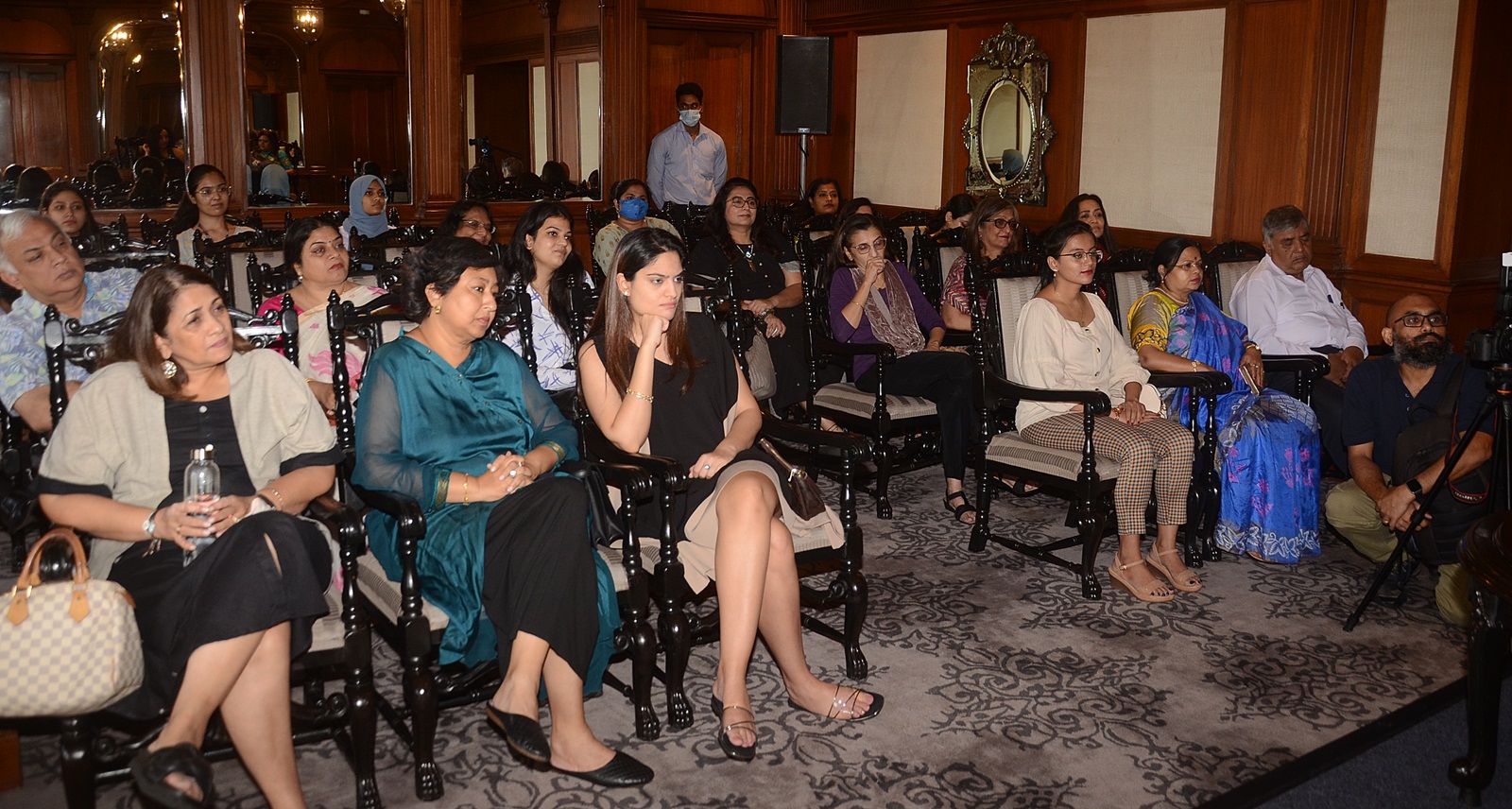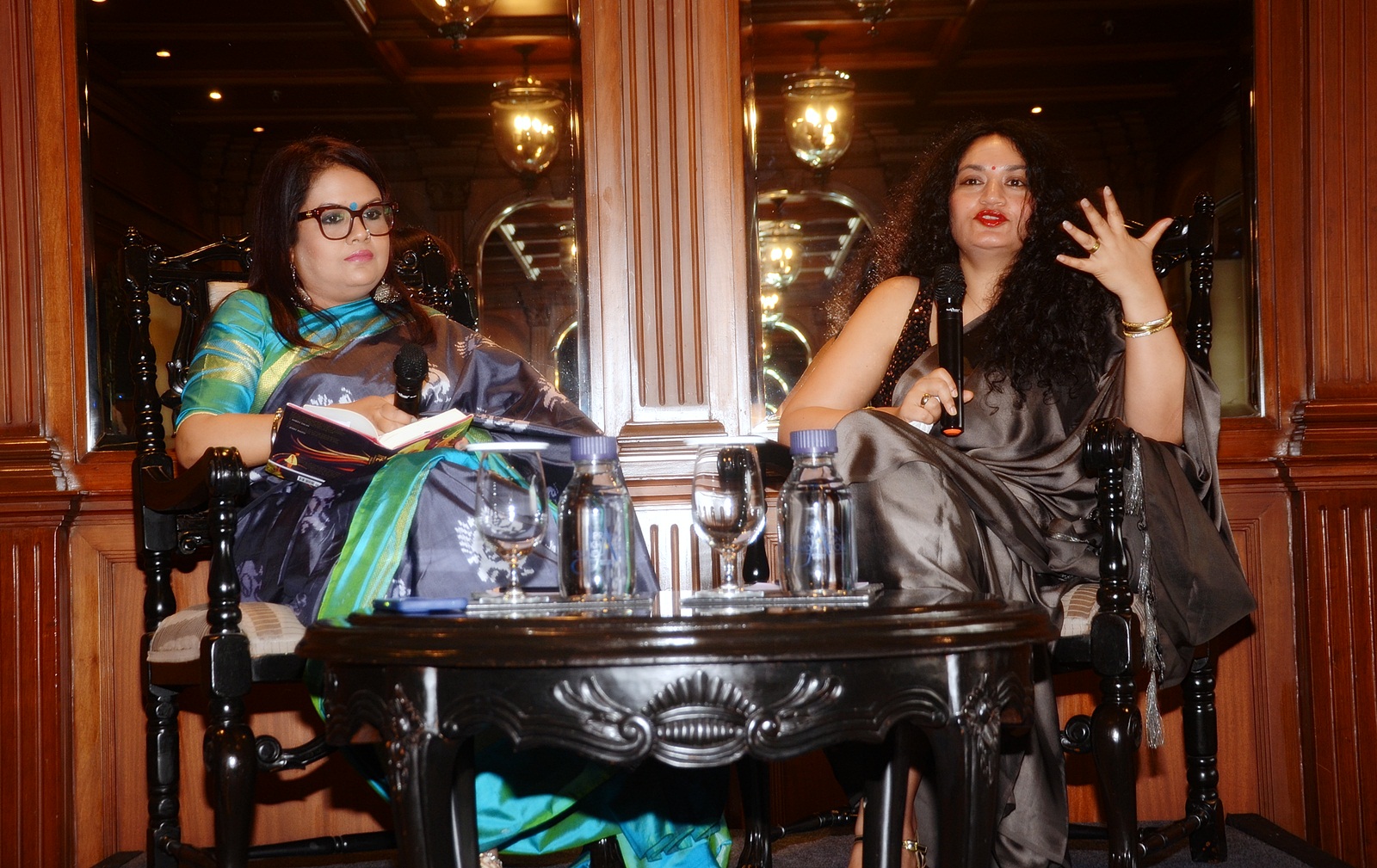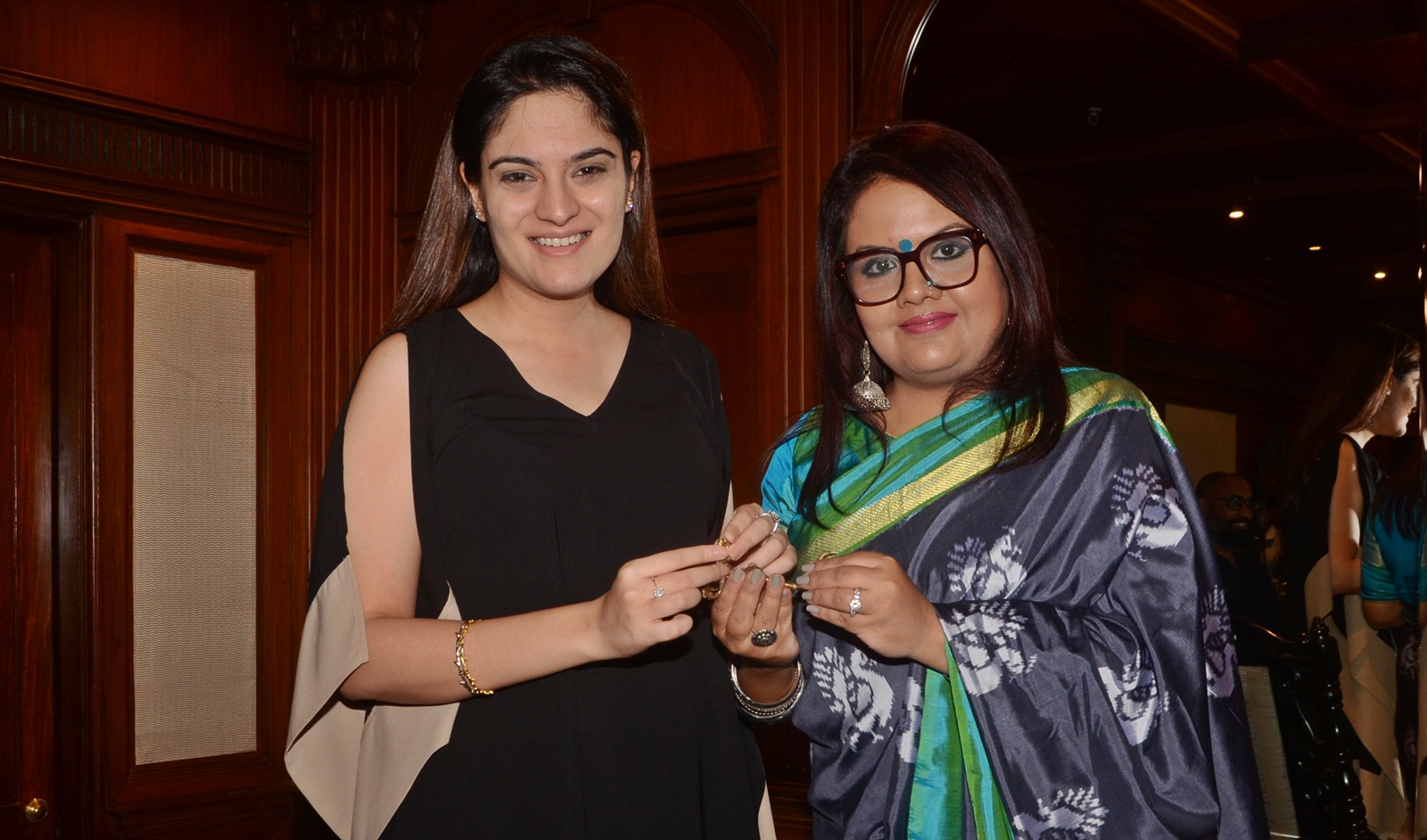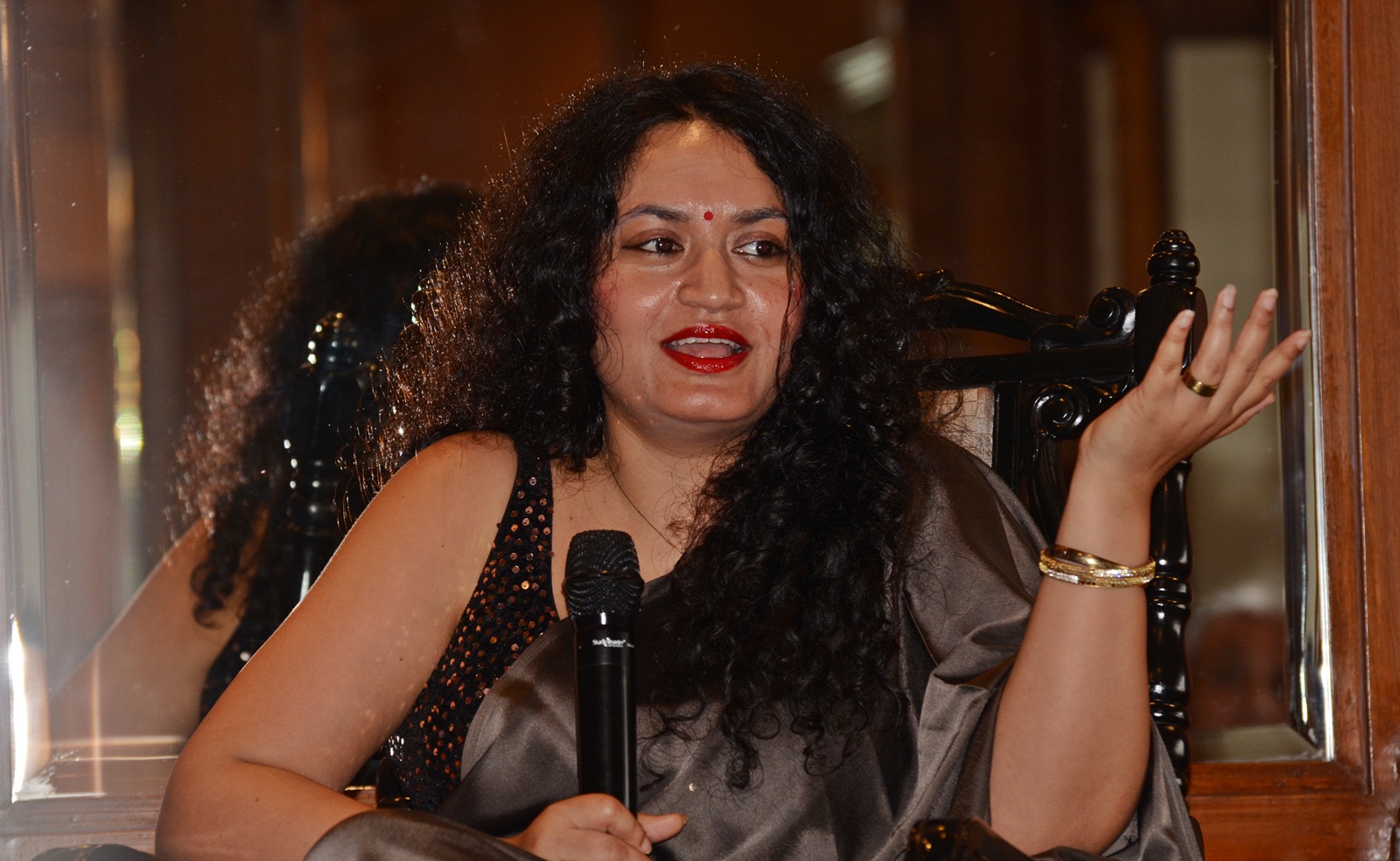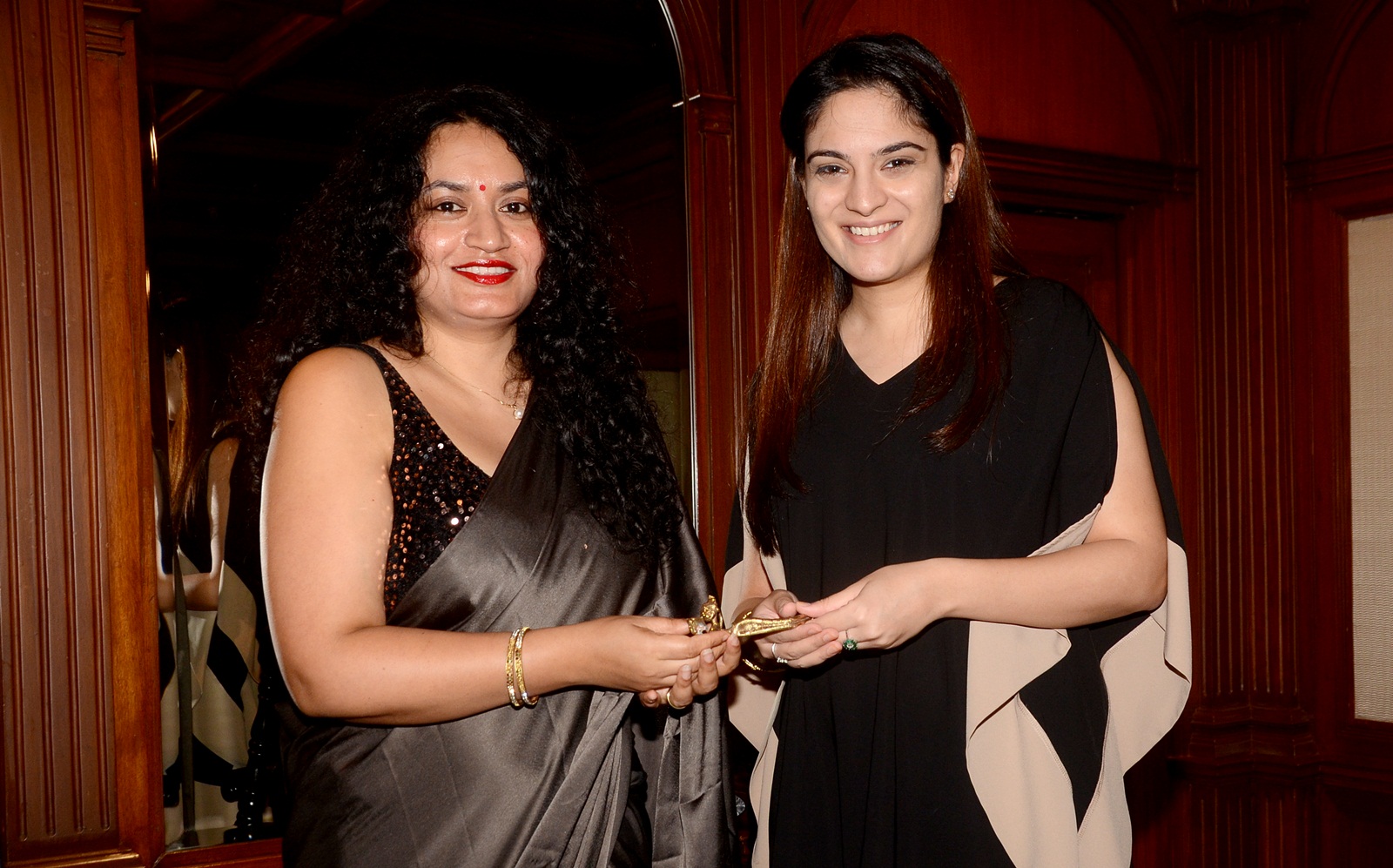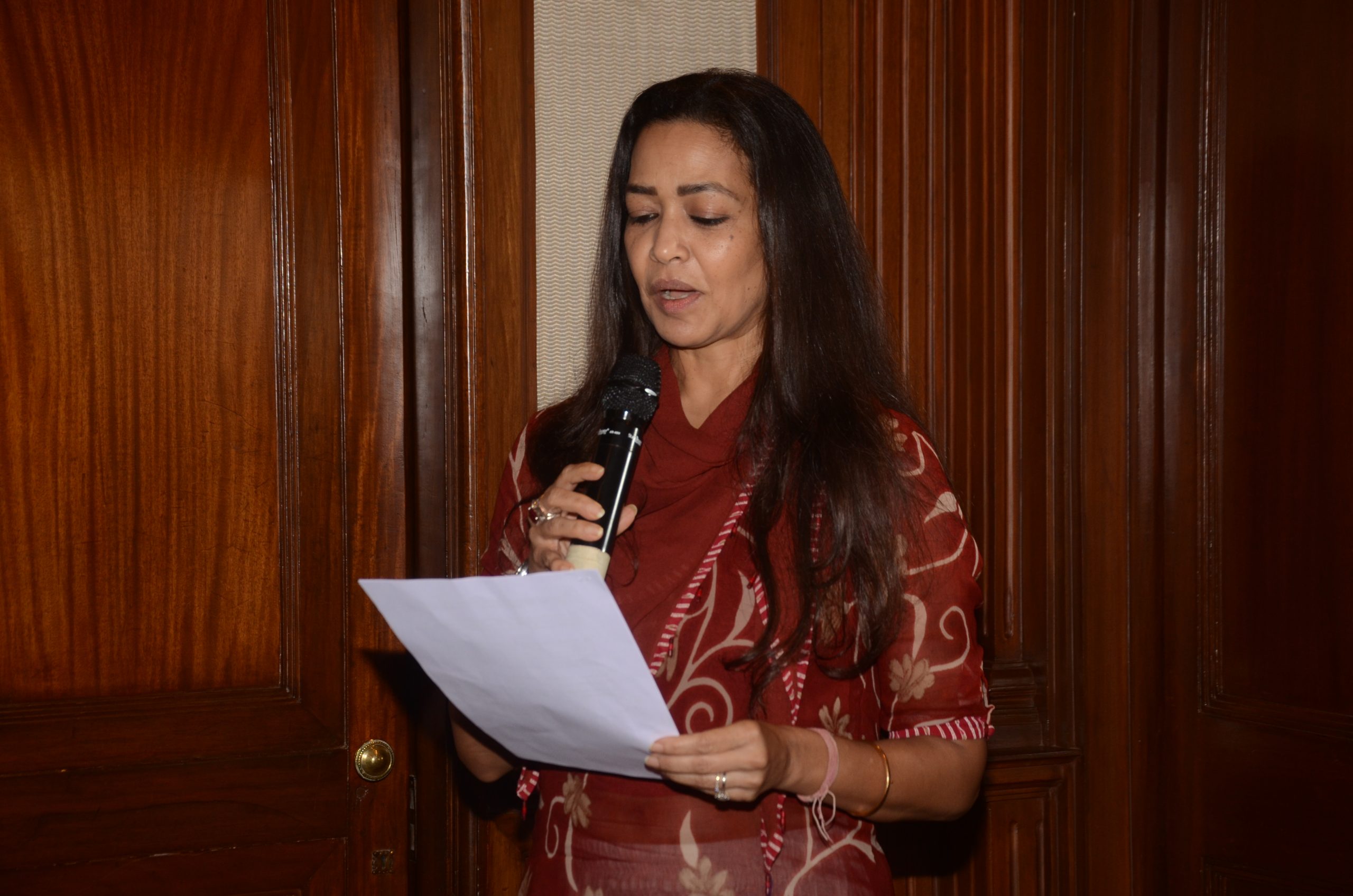Rituparna Chatterjee is an award-winning author, journalist, editor and columnist. A former correspondent and columnist for The Economic Times, her first book, An Ordinary Life, was about the life of acclaimed actor Nawazuddin Siddiqui. Published in 2020, her second book, The Water Phoenix: A Memoir of Childhood Abuse, Healing and Forgiveness is a magical realism memoir on how she dealt with childhood abuse. The book was recognised by the United Nations Population Fund (UNPF) and awarded the Laadli Media and Advertising Awards for gender sensitivity.
Prabha Khaitan Foundation recently invited the author as a guest to a session of An Author’s Afternoon to speak about her book, and her motivation behind writing it, since Chatterjee believes that there is an intimacy involved in reading as we go deep into an author’s personal space. Esha Dutta, Ehsaas Woman of Kolkata, introduced the guests and delivered the welcome note. The author was in conversation with journalist and columnist Sreemoyee Piu Kundu.
“The book was born out of a dark place, like the birth of a child from the darkness of the womb,” Chatterjee replied when asked what had inspired her to write something so personal. “I was suffering from severe postpartum depression when I conceived the novel. It wasn’t long before I realised that this suffering was due to the emotional baggage I’ve been carrying since childhood. I had to let it out to relieve myself, and it manifested in a memoir that I completed in a span of five weeks.”
Chatterjee was overwhelmed when people reached out to her because the book helped them deal with issues they had long kept buried. “It’s after the book was published when I realised that the book had become bigger than what I could have imagined, when people told me how it helped them deal with emotional health. I genuinely believed that even though I wrote the story, it wasn’t just about me. As storytellers, we have a greater purpose: to create something that will help others. That’s what my book does.”
When Kundu asked why Chatterjee chose magic realism to tell the story of an abused child and how she grew up to find herself, the author replied, “I discovered magic realism when I was studying in college. I lacked self-confidence and a sense of selfworth back then. I was reading a lot of Gabriel Garcia Marquez and poetry. Although I did not consider Salman Rushdie’s writing to be anything special, I did find his work empowering. There was something about Rushdie that made me believe that I can write my story too. Magic realism is my natural state of being as a writer. Our reality is secondary. It’s our inner world, our thoughts and fantasies that live in our minds almost forever.”
For the author, the book is about self-love, and it goes beyond materialistic needs. “Do not abandon yourself. Collect your thoughts and confront your emotions instead of pretending that they don’t exist. Dealing with your issues will help you attract healthier relationships,” she explained. She further added, “My experience has taught me that although we are divided by our individual differences, we are united by the beauty of our imperfections. For society to change and be more accepting of these differences, everyone must be willing to undertake the journey of self-love and set on the ultimate path to healing. Healing is a life-long journey, but I have managed to love myself radically, be comfortable in my own skin and speak the truth through my works.”
When asked about child abuse and the role of guardians, Chatterjee responded, “Families must realise how important compassion is. Being compassionate is the only way we can protect our children from abuse. Respecting their boundaries, listening to them attentively, understanding their vulnerabilities and being empathetic will let you know if they are hurt or if something is hurting them. All abuse is abuse, we cannot rank it. Don’t shut down your children if you want to protect them from sexual predators.”
The last segment of the evening saw an interesting Q&A session between the author and the audience. Gayatri Sabharwal concluded the event by felicitating Chatterjee and Kundu on behalf of the Foundation.

